Sahil Pontula
“O
nline classes break down socioeconomic barriers, ensure equitable access to education, and allow students to tailor their education according to their needs no matter where they are.
”
– Sahil Pontula
As technology advances, we can completely embrace it, disregard it, or coexist with it. I believe that blended and online learning courses promote coexistence, emphasizing equitable access to education by widening global learning perspectives.
By taking blended courses with the North Carolina School of Science and Mathematics (NCSSM) and online courses with North Carolina Virtual Public School (NCVPS), Art of Problem Solving (AoPS), Coursera, EdX, and Brilliant, I have realized the importance of complementing traditional classroom instruction with online learning.
Traditional classrooms will always have the benefit of face-to-face interactions. Students flourish when they have a mentor with whom they can interact in-person. However, technology has its own benefits. In addition to teaching students how to coexist with technology in an increasingly modernized world, online and blended classes allow students to collaborate with others from across the globe. Moreover, such classes make higher-level and specialized courses offered face-to-face only at specific institutions accessible to everyone. Thus, online classes break down socioeconomic barriers, ensure equitable access to education, and allow students to tailor their education according to their needs no matter where they are. Online classes also offer the added benefits of convenience and self-learning, allowing students to complete coursework based on their own personalized schedule and interests. These reasons are why I have supplemented my in-classroom instruction by taking blended and online courses since middle school.
My NCSSM computational and research courses, such as Aerospace Engineering, Data Science, and Computational Physics, exposed me to a blended learning environment through weekly Zoom sessions and a weekend of in-person instruction. They provided me opportunities not offered at my traditional school, including research projects that allowed me to explore the areas of STEM that define my career interests. Analyzing data from CERN and utilizing supercomputing in my computational science courses have shown me that blended courses can offer the opportunity to interface with extraordinary new data and research technologies in ways that traditional classes cannot. Furthermore, the in-person weekends allowed me to collaborate with peers on experimental activities ranging from detecting muons to testing aerodynamic glider designs.
Throughout high school, I have also taken math and physics classes through AoPS, Brilliant, and other platforms. Collaborating on problems with students from around the world has allowed me to network with an immensely diverse community, from German physicists to Japanese researchers, something a traditional classroom could not provide. These online platforms have also allowed me to learn from world-class instructors in courses that could not be found in a traditional classroom, such as quantum computing and special relativity.
Online classes have exposed me to areas beyond STEM as well. Inspired by the Latin inscriptions on archaeological ruins in one of the world’s oldest libraries in Ephesus, Turkey, I decided to devote myself to learning Latin. Though it was not offered at my school, NCVPS made it possible for me to learn Latin online. After just two years, I had the tools to satisfy my insatiable curiosity about linguistics. My parents’ explanations of conjugations in Indian languages finally made sense, Spanish became easier to understand, and the nuances of English grammar were actually comprehensible. From deciphering inscriptions on ancient monuments to comprehending grammar in other languages and scientific nomenclature in STEM, Latin classes allowed me to broaden my interests in STEM and the humanities.
My online learning has also extended beyond school classes. After qualifying to represent the US at the 2018 International Olympiad on Astronomy and Astrophysics (IOAA), I participated in weekly online training sessions with the US team. These sessions helped me connect with students and coaches from across the nation who shared my passion for astrophysics, as we collaborated to solve problems by discussing various approaches. My participation in IOAA has led me to volunteer as a test writer to select the 2020 US IOAA team, enabling me to mentor the US team through online preparation sessions. These experiences have led me to value the complementary relationship between traditional and online classes. I have thrived under the face-to-face interaction that traditional classrooms provide, from actively collaborating with classmates on group projects to engaging in hands-on labs, and have also benefited from the broader worldview that online classes have encouraged me to adopt. By meeting students and teachers from diverse backgrounds and immersing myself in innovative, pioneering fields, I have witnessed how blended learning is the answer to the demands of an ever-growing world.

